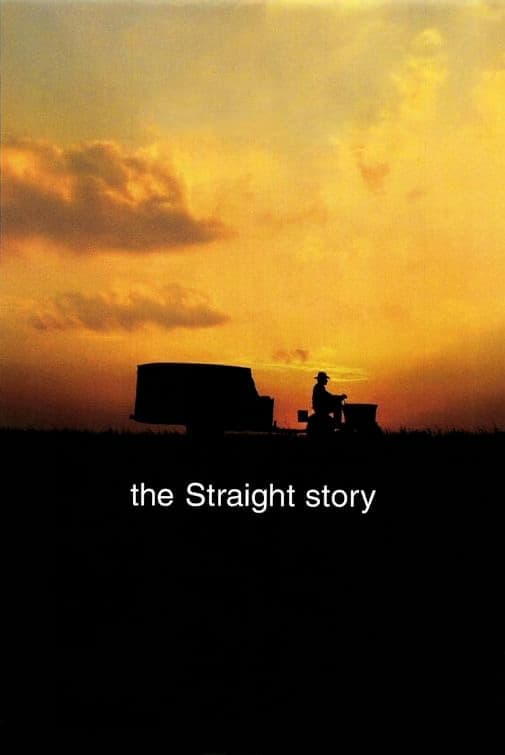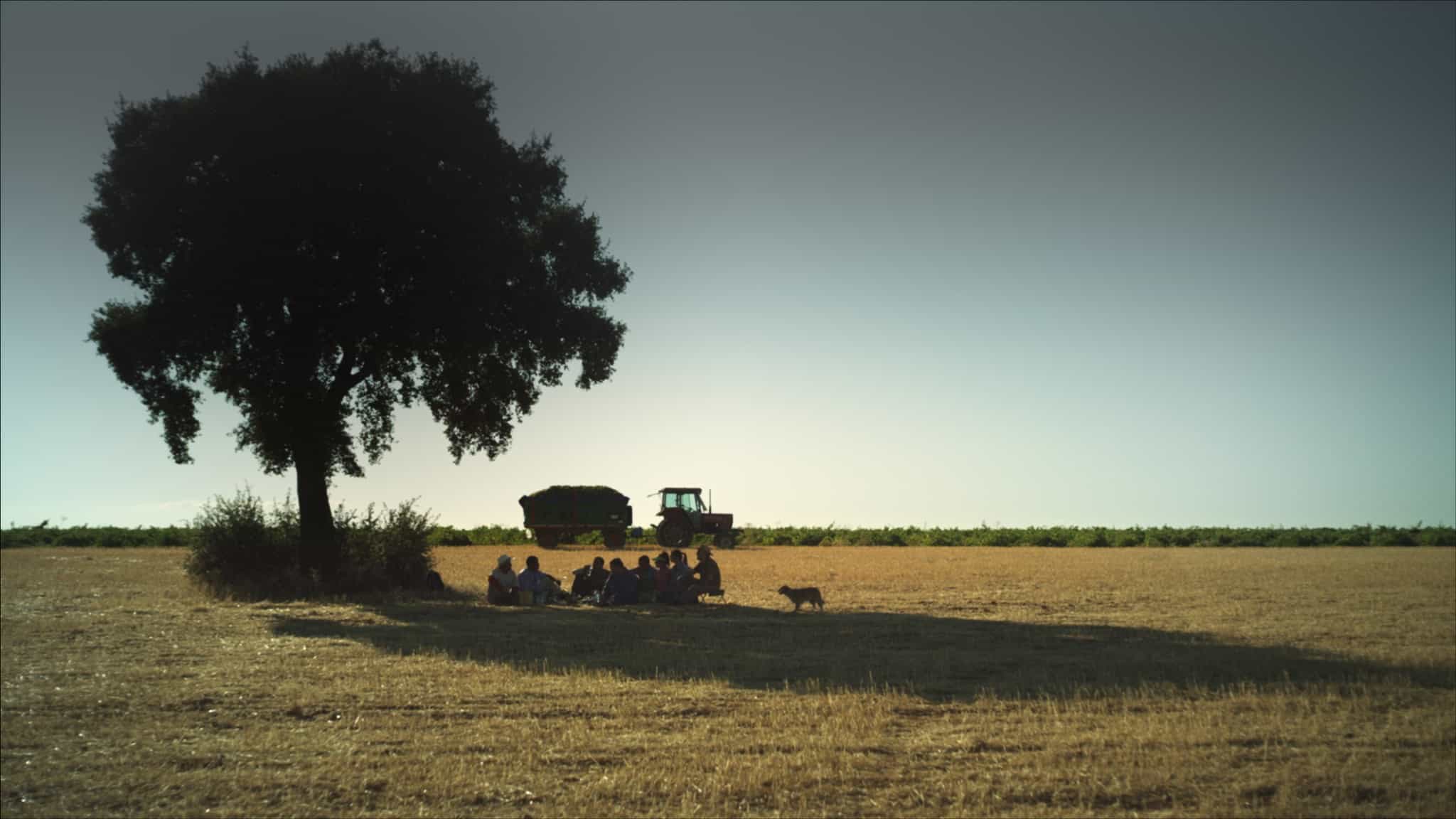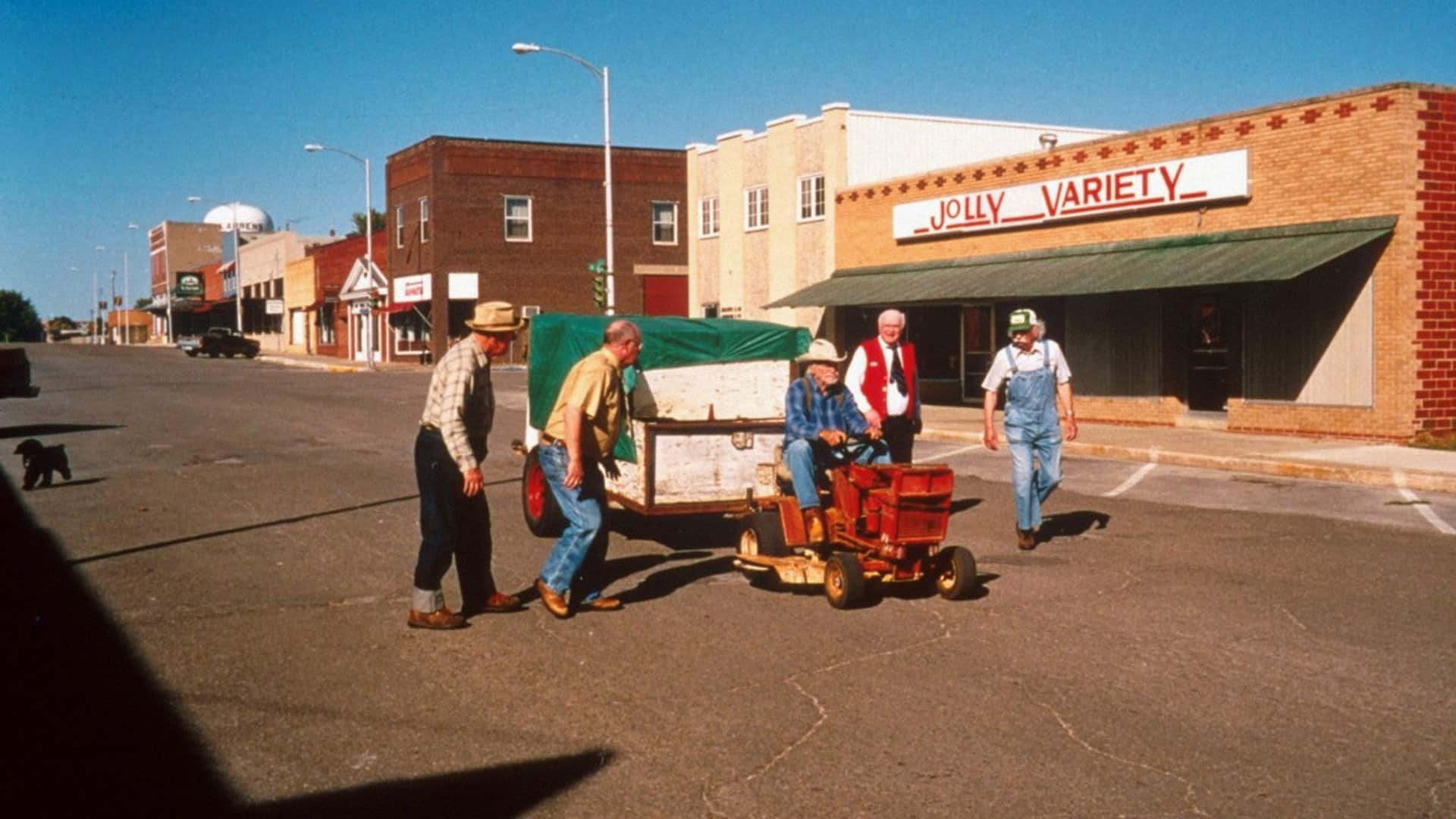
The Straight Story
1999
Rate this movie
Average: 0.00 / 5
(0 votes)
Director
An unexpected David Lynch: crepuscular and melancholic, he delineates this work with the patience of a cabinetmaker. If his name has always been synonymous with twisted dreams, Freudian nightmares, and the darkest shades of the American unconscious – from the pulsating arteries of Blue Velvet to the highways of perdition in Lost Highway, up to the dreamlike labyrinths of Mulholland Drive – here the master from Missoula reveals himself in a guise of unprecedented clarity and disarming simplicity. Yet, even in this apparent digression from his stylistic signature, one can trace his unmistakable investigation into the human condition, the desire for connection, and the search for an inner truth, albeit manifested through an unequivocally "straight" and tangible path, a linearity that is itself a form of artistic subversion.
The result is an elegiac film where the sense of journey combined with the value of family affections identify its key to interpretation. Alvin's odyssey, far from being a descent into hell or the labyrinthine pursuit of hidden truths that characterize his most iconic works, is here configured as an ascension, an earthly pilgrimage steeped in grace and an almost biblical dignity. The inherent slowness of the mode of transport – an old lawnmower tractor that becomes a symbol of perseverance and of time rediscovered – is not a limitation, but the very condition for a deep existential meditation. Every mile covered is a mile into the soul, every stop an encounter that reveals fragments of a rural America often forgotten, but rich in humanity and silent stories.
An old farmer from Iowa is determined to visit his sick brother in Wisconsin. The two haven't spoken in a long time, and the man wants to mend the lost relationship. Alvin, that's his name, sets off on his journey with an old lawnmower tractor and begins a circuit through roads and diverse humanity of rural America. In this almost fairytale-like context, Alvin's encounters are brushstrokes of life: a young pregnant girl on the run, a group of cyclists eager for some refreshment, an elderly woman who fears for her eyesight and her future. Each of these exchanges is a tile that composes the mosaic of a varied humanity, showing Alvin's ability not only to face his journey, but to listen, advise, and ultimately, connect with the lives of others, leaving behind him a trail of kindness and wisdom that echoes the rediscovery of simple and primary values. His is a mission not only of family reconciliation but also of self-discovery and discovery of the surrounding world, a return to the most authentic roots of human experience.
His sister Rose will try in every way to oppose the project, only to inevitably succumb to its poetry. It is the poetry of an unshakeable will, of a silent determination that resists physical adversities and objections of common sense, transforming the improbable into an act of pure devotion. Richard Farnsworth's portrayal of Alvin Straight, based on a true story that Lynch himself called his "most experimental" work due to its radical simplicity, transcends mere acting, imbuing the character with a vulnerability and tenacity that are deeply moving. The fact that the actor himself was facing serious health issues during filming adds an almost unbearable layer of authenticity and pathos to his performance, making his Alvin a tragically heroic figure, whose slowness is also a tribute to a body that resists and a mind that does not give up, a living testament to the intrinsic dignity of the human being.
A delicate, rarefied work, dense with pure lyricism: an entirely atypical film for Lynch, the master of disquiet. Even Lynch's atypical choice to accept a 'G' rating from Disney – which distributed the film via Buena Vista International – does not diminish the metaphysical depth of the narrative in the slightest, but rather amplifies its universal resonance, making it accessible to a wider audience without compromising its artistic integrity. This film, almost a moral apologue, deliberately distances itself from the visual and narrative stylistic features that have defined his cinema, to embrace a kind of American transcendental neorealism, where the mundane is charged with deep and spiritual meaning. There are no secrets to be unveiled in the shadows here, but the direct light of truth that emerges from patience and simplicity. It is an anthem to old age, to tenacity, and to the redemptive power of forgiveness, an epic of resilience that reveals itself in every slow, inexorable advance of the lawnmower. The minimalism of Angelo Badalamenti's soundtrack, a long-time collaborator of Lynch, with its melancholic and sparse melodies that blend with the hum of the engine and the sounds of nature, further amplifies this atmosphere of contemplation and authenticity, inviting the viewer to attune to the rhythm of Alvin's heart and the landscape.
Freddie Francis's cinematography is enchanting, a veteran of the craft, winner of two Oscars, and collaborator with directors of the caliber of Scorsese and Lynch himself. His touch is not limited to illuminating rural America with an almost sacred light; Francis, who had sculpted shadow and anguish in gothic masterpieces for Hammer Films (The Brain That Wouldn't Die, Dracula, Prince of Darkness) and lent visual density to Scorsese in works like Cape Fear – a film diametrically opposed to The Straight Story in themes and atmosphere – here closes the circle of a monumental career with a testament of luminous simplicity. His images, often steeped in warm, earthy tones, capture the very essence of the Midwest landscape, elevating everyday routine and boundless panoramas to scenes of moving beauty, almost a Hopper painting come to life. With this film, Francis closes a kind of circle, gloriously ending his career in cinema and shaping images that corroborate the dreamy sense of tenderness and poetry that Lynch's film inspires, leaving us with an indelible impression of peace and harmony, the last, luminous brushstroke of a master of light and shadow who here finds his most sublime and serene expression.
Genres
Gallery





Featured Videos
Official Trailer
Comments
Loading comments...